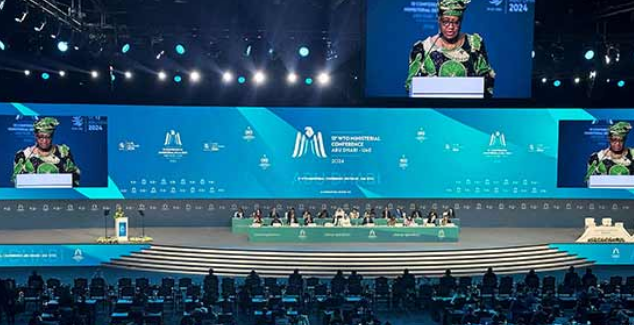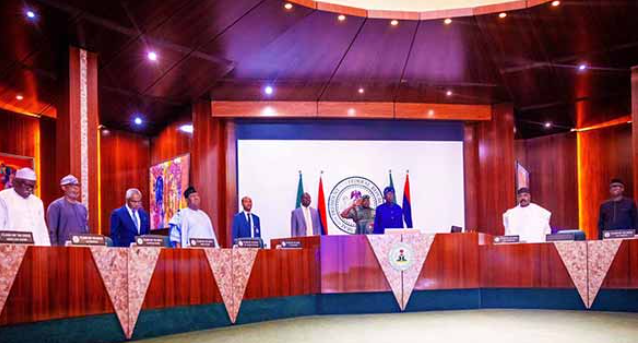
China has initiated proceedings at the World Trade Organization (WTO) against the United States, alleging biased subsidies in the electric vehicle (EV) sector, as confirmed by both the Chinese mission and the WTO.
China is contesting what it terms as biased subsidies linked to the U.S. Inflation Reduction Act, which it claims has led to the exclusion of goods from China and other WTO member states.
The U.S. Inflation Reduction Act, aimed at reducing carbon emissions and promoting renewable energy, provides substantial tax credits for electric vehicle purchases and renewable energy production, forming part of President Biden’s efforts to decarbonize the U.S. power sector.
China argues that these subsidies, ostensibly aimed at climate change mitigation, actually hinge on purchasing goods from the United States or specific regions, according to the Chinese mission, which has launched the proceedings to safeguard the interests of its electric vehicle industry and ensure fair competition in the global market.
China’s Ministry of Commerce spokesperson in Beijing urged Washington to rectify what it sees as discriminatory industrial policies promptly, emphasizing the importance of stabilizing global industrial and supply chains for new energy vehicles.
The Office of the U.S. Trade Representative in Washington did not immediately respond to requests for comment on the matter.
WTO dispute resolution typically takes around six months after the establishment of an adjudication panel, but delays are common. If the WTO rules in favor of China, the U.S. could potentially appeal the decision, although the WTO’s appellate body has been dysfunctional since December 2019 due to the U.S. blocking judge appointments.
The U.S. has been advocating for reforms to the WTO’s appellate body, citing concerns of overreach, although negotiations face significant hurdles.


